Do Polar Bears Hibernate? Uncover the Truth About Winter Survival
When the temperatures drop, and winter starts rolling in, we usually think of animals snuggling into cozy dens, sleeping their way through the cold months. Bears, in particular, have a reputation for hibernation, with visions of them tucked away, sleeping peacefully until spring flowers start to bloom. But do polar bears hibernate? Or does their lifestyle on the Arctic ice throw a chilly twist into this expected bear behavior?
Let's dig into the icy tundra of knowledge and discover what these magnificent, snow-bound creatures are up to during winter. Spoiler: You might be surprised.

What Exactly Is Hibernation?
First, Let's have a quick biology refresher. Hibernation is a survival strategy where animals slow their metabolism to conserve energy. It's like nature's answer to saying, "I'm going to take a break until things warm up." During this time, body temperature drops, heart rates slow, and they don't need to eat (because who has the energy to hunt when it's freezing?). Most animals that hibernate do so to survive winter when food is scarce.
This all sounds logical. After all, who wouldn't want to avoid the harshness of winter with a cozy, months-long nap? But before we get too comfy with that idea, here's the twist: polar bears don't hibernate, at least not in the way you might expect.

Polar Bears and Winter: The Non-Hibernators (Mostly)
Polar bears are built for the cold. They are, quite literally, Arctic specialists, with bodies designed to thrive on sea ice and a hunting strategy that revolves around catching seals. With this in mind, they can't afford to nap through the winter months - they need the ice to hunt.
Unlike other bears, adult polar bears remain active during the winter. They don't have the luxury of curling up and waiting out the season because winter is when sea ice is most abundant, and that's prime hunting time! Instead of hibernating, they spend winter roaming the Arctic landscape searching for seals, which they catch from breathing holes in the ice. For polar bears, winter is when the dinner table is fully set.
But wait, there's an exception here (because, of course, there is): pregnant polar bears.

The Pregnant Polar Bear Exception
While adult male and non-pregnant female polar bears are out braving the cold and making the most of winter, pregnant female polar bears do something different. In a twist that makes sense biologically, expectant polar bear mothers hibernate - or, at least, come close to it.
Once a female polar bear is pregnant, she'll dig a maternity den, usually in snowdrifts or soil near coastal areas, sometime in the fall. Then, she enters a state called "denning," similar to hibernation. Her body temperature doesn't drop as drastically as other hibernating animals. Still, she does reduce her activity significantly, living off her body's fat stores for months.
She gives birth to tiny cubs - typically in December - and cares for them in the den until they're big enough to face the world. Around March or April, mother and cubs will emerge, ready to explore the icy wilderness and join the rest of the polar bears in the great winter feast that is the frozen Arctic.
So, pregnant polar bears are the only ones who take a long winter's nap. But for the rest of the polar bear population? They're doing what they do best: hunting seals and navigating the vast, frigid Arctic wilderness.

How Do Polar Bears Stay Warm Without Hibernating?
You might wonder if polar bears don't hibernate, how they manage to stay warm and survive in such extreme conditions. That's a good question! Polar bears have remarkable adaptations that help them thrive no matter how cold it gets:
1. Fur That's Cooler Than CoolPolar bears' thick, waterproof fur is one of the most efficient natural insulations in the animal kingdom. Their outer layer of fur is translucent, not white, reflecting the snow and ice around them, helping them blend in. Beneath that is a dense undercoat that traps heat close to their bodies.
2. Fat for DaysPolar bears also have a thick layer of fat—up to 4.5 inches thick! This blubber acts like a heavy-duty winter coat, keeping them warm even when swimming in frigid waters or facing brutal Arctic winds. They rely on these fat stores to provide energy when food is scarce.
3. An Efficient MetabolismWhile polar bears don't hibernate, their metabolism can slow down during the colder months if food becomes scarce. This isn't full-on hibernation, but it does help them conserve energy when necessary. However, as long as they can access their favorite prey - seals - they stay active.

Polar Bears and Climate Change
Here's where things get serious for a moment. Polar bears depend heavily on sea ice to hunt seals. However, with climate change melting Arctic ice at an alarming rate, polar bears are finding it harder to access their primary food source. This has led some polar bears to go for extended periods without eating. In extreme cases, they might be forced to move onto land, scavenging for food - far from their natural hunting grounds.
While polar bears have adapted to survive in the harshest climates, the rapid environmental changes due to global warming present significant challenges. It's a reminder of the interconnectedness of our ecosystems and the importance of addressing climate change for polar bears and all species that rely on stable habitats.

Why Don't Polar Bears Hibernate Like Other Bears?
At this point, you might still ask, "But why don't polar bears hibernate like other bears?" The answer comes down to evolution and their unique Arctic environment. While bears like grizzlies and black bears need to hibernate to survive the food scarcity of winter, polar bears face the opposite situation. For them, winter is when their world opens up.
Polar bears' survival depends on the sea ice, which forms in the winter. This ice gives them access to seals, their primary food source. If they hibernated during this time, they'd miss out on the best hunting season. Polar bears have evolved to thrive in winter rather than hide from it.

In Summary: Polar Bears and Their Not-So-Sleepy Winter
So, do polar bears hibernate? The answer is not really - unless they're pregnant, in which case, yes, sort of. Mostly, polar bears are winter warriors out in the Arctic cold, hunting, roaming, and living their best seal-catching lives. Their incredible adaptations make them perfectly suited for this icy environment, where the rest of us would want to curl up and snooze until spring.
Next time you see a polar bear-themed holiday card or read about them during International Polar Bear Day (yes, it's a thing!), remember: those bears aren't sleeping - they're thriving in some of the harshest conditions on Earth. And while they may not hibernate like other bears, they've got the cold-weather survival thing down to a science.
Now that's something to "paws" and appreciate! 🐾
If you're as fascinated by polar bears as we are, consider checking out our nature apparel, including our Bears Collection. Every shirt has a purpose, and together, we can help protect these incredible creatures and the beautiful world they call home. #WearYourBecause and make your mark on the world!

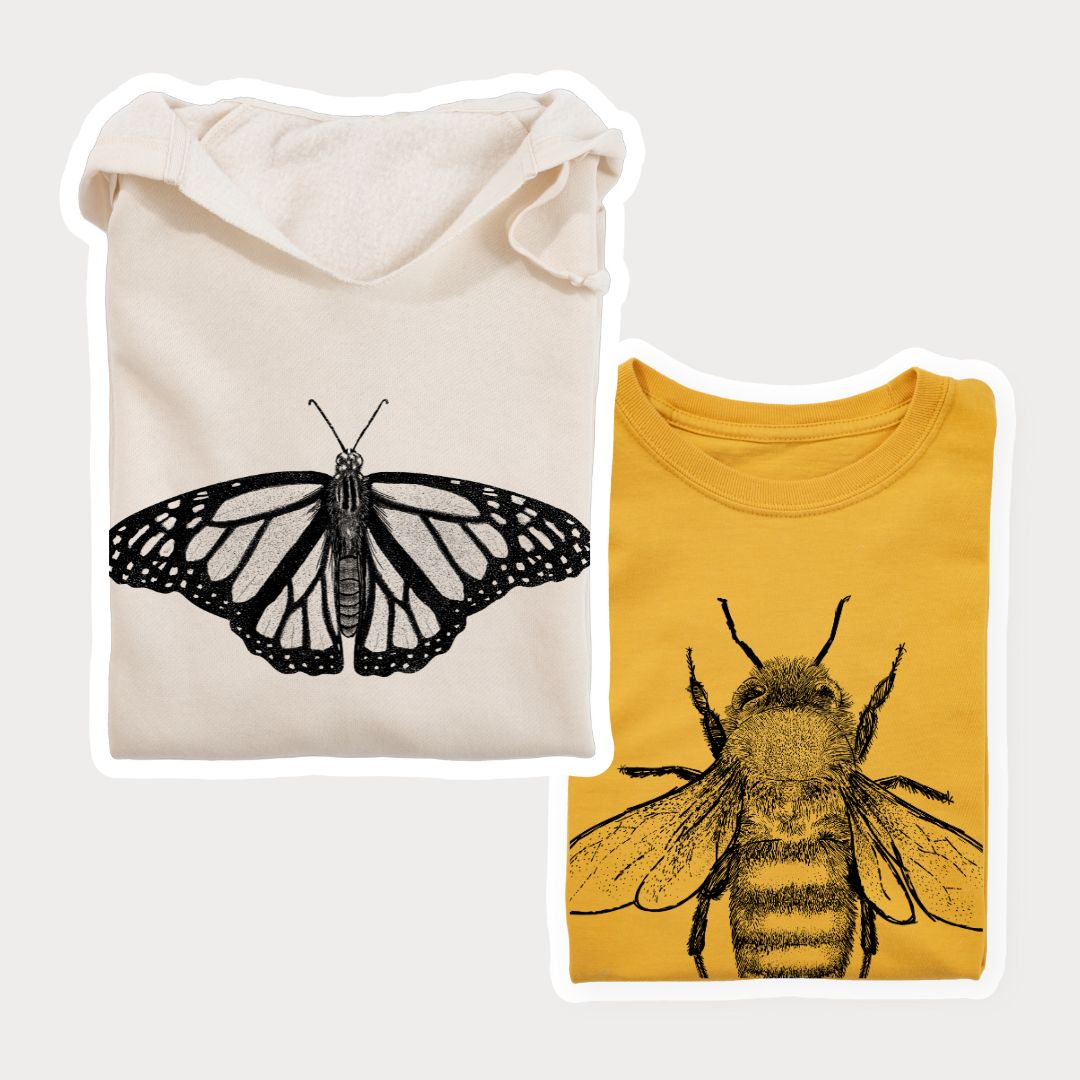
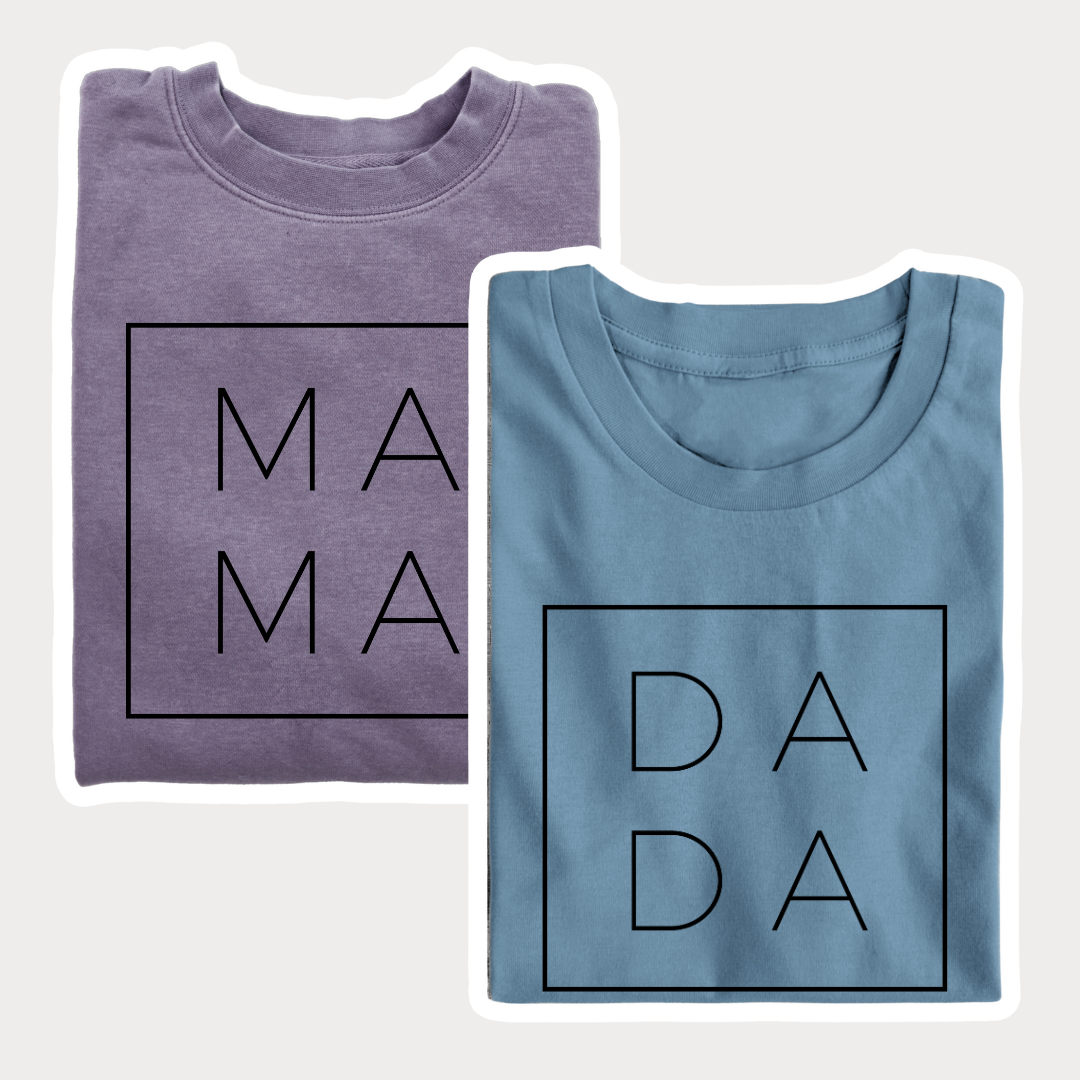
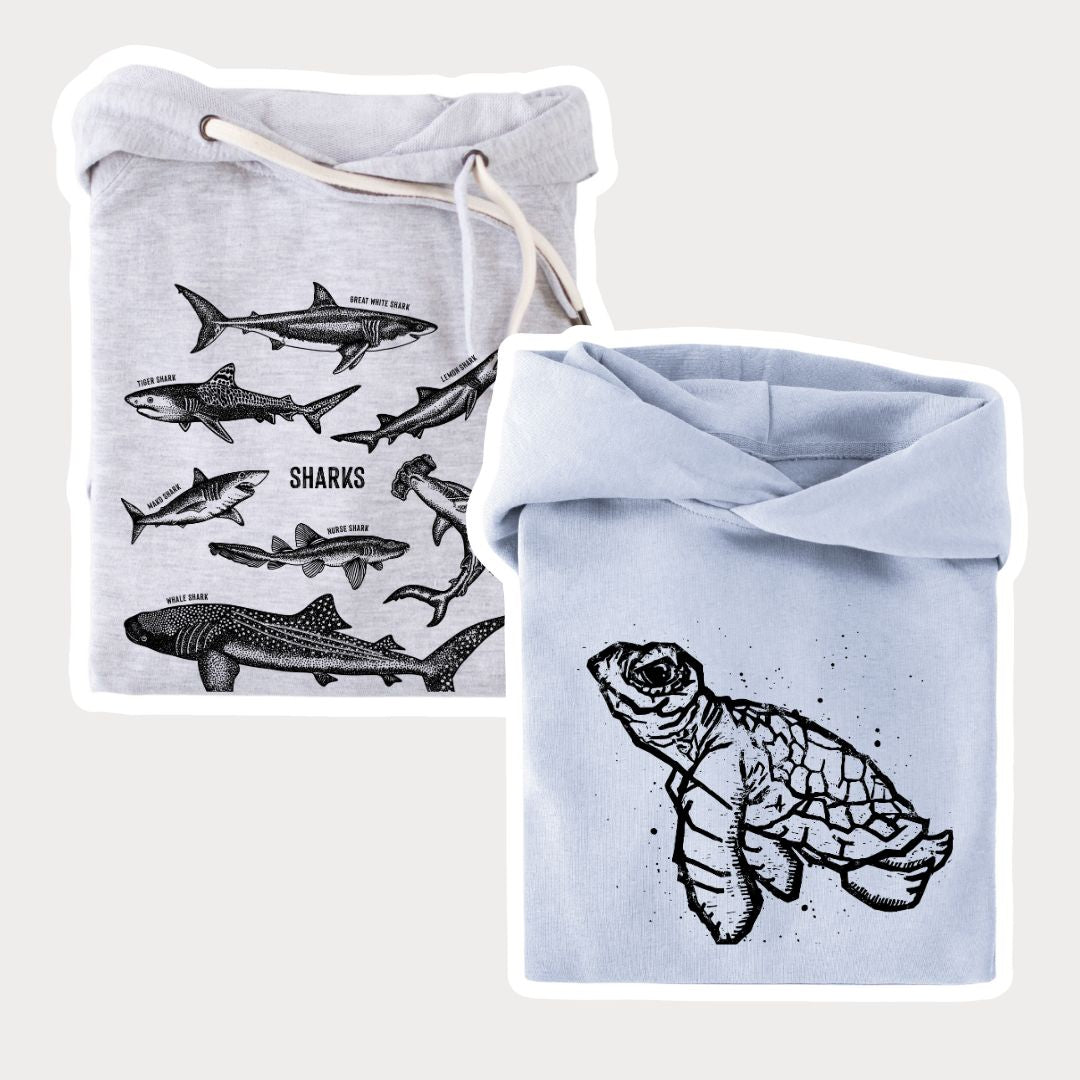
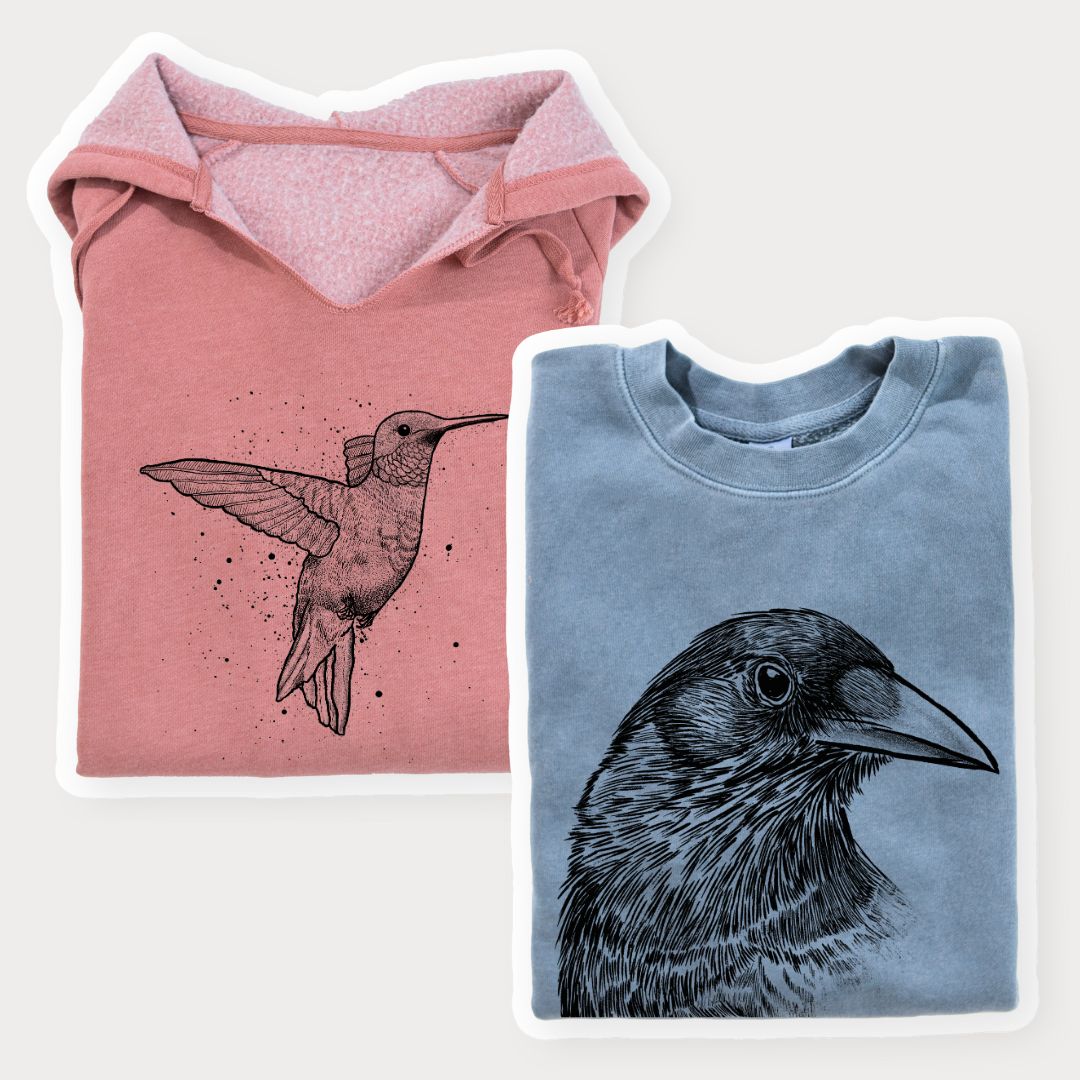
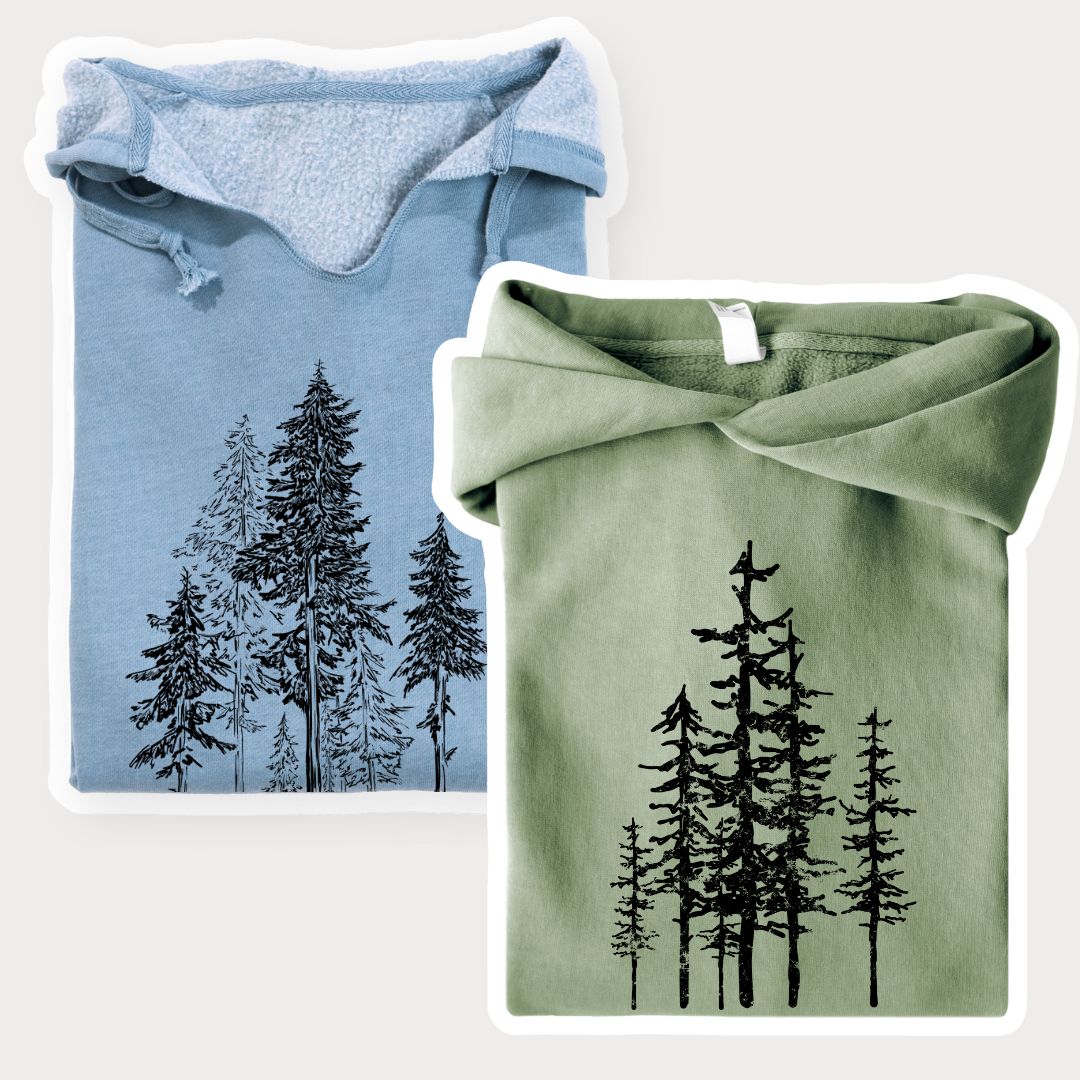
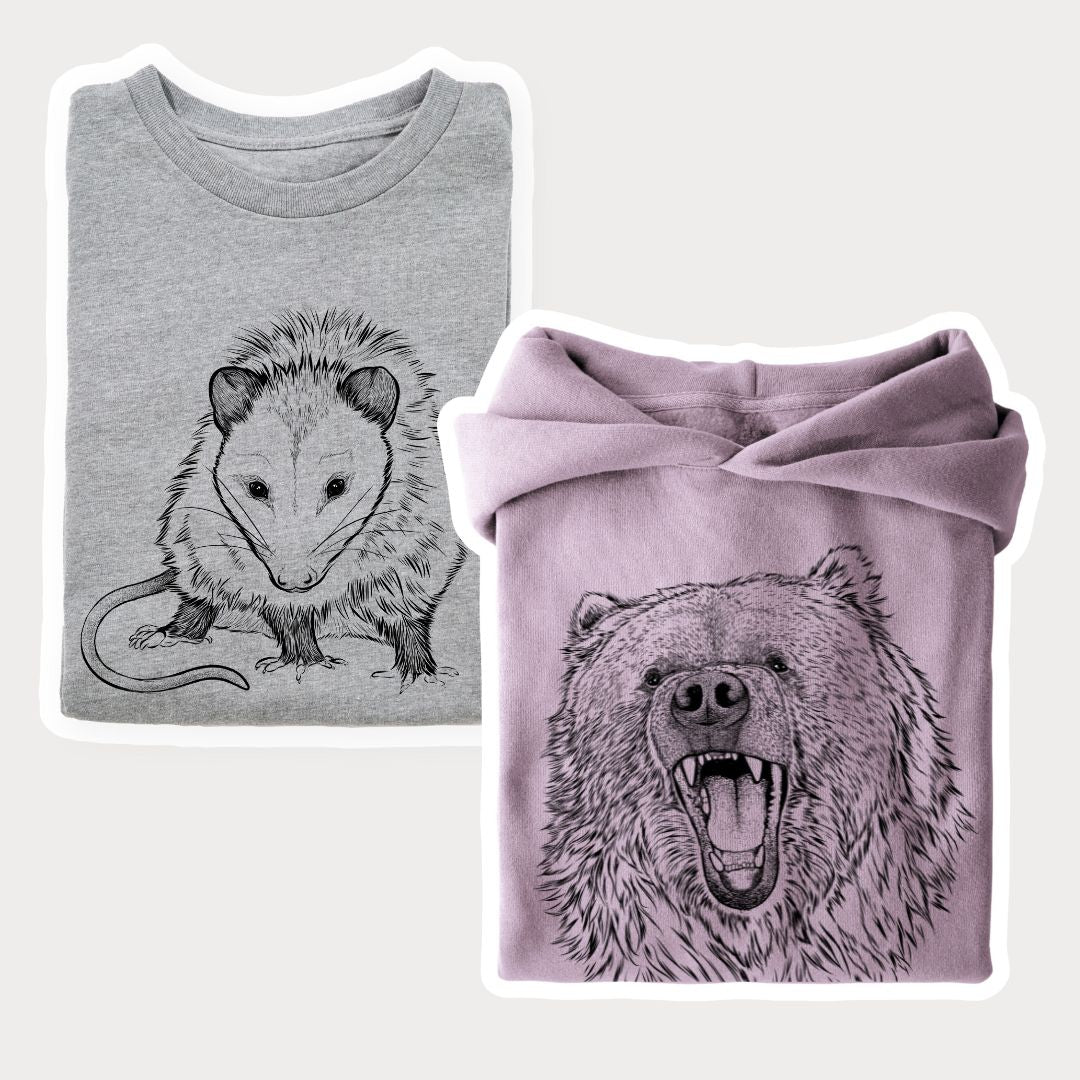


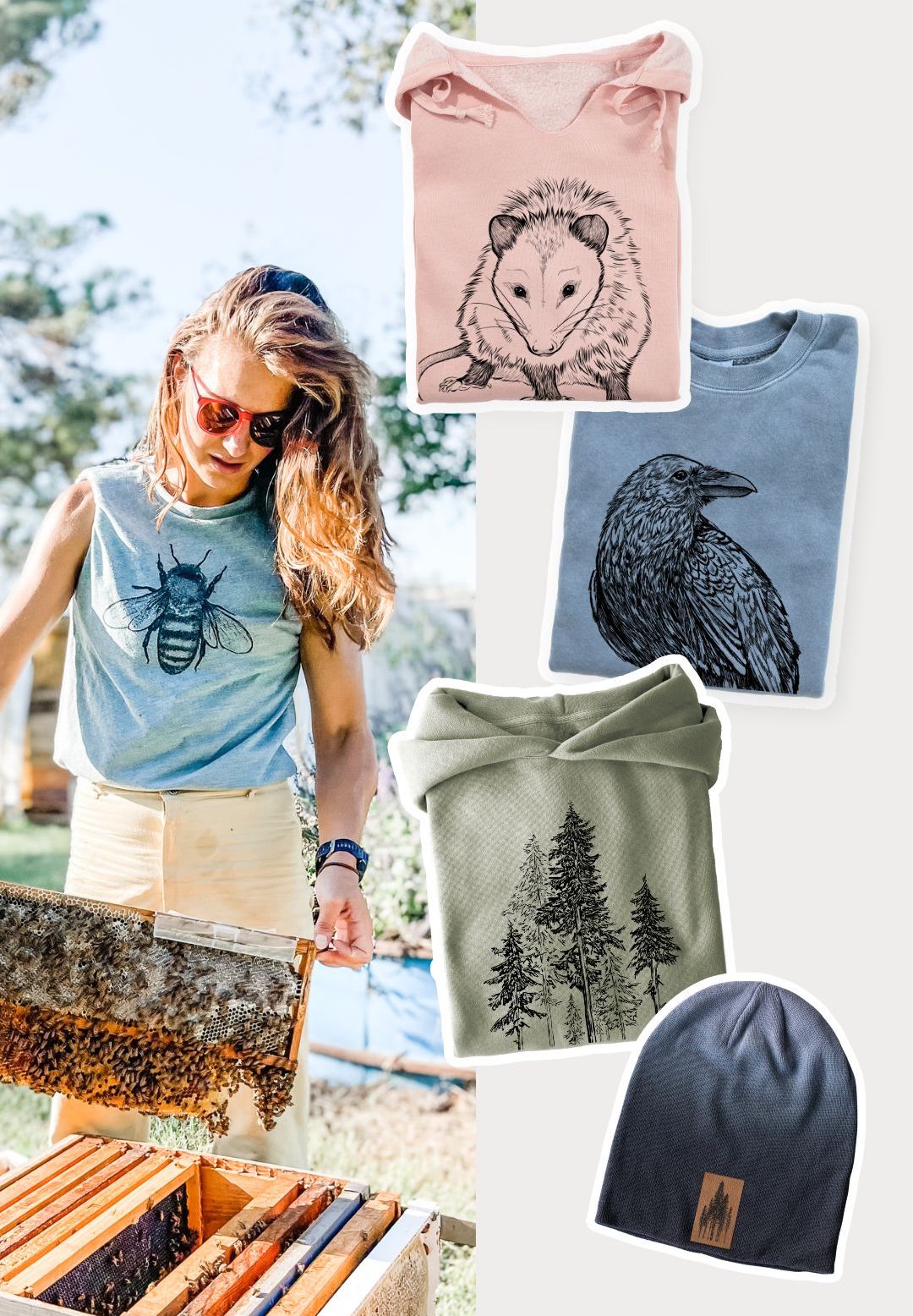

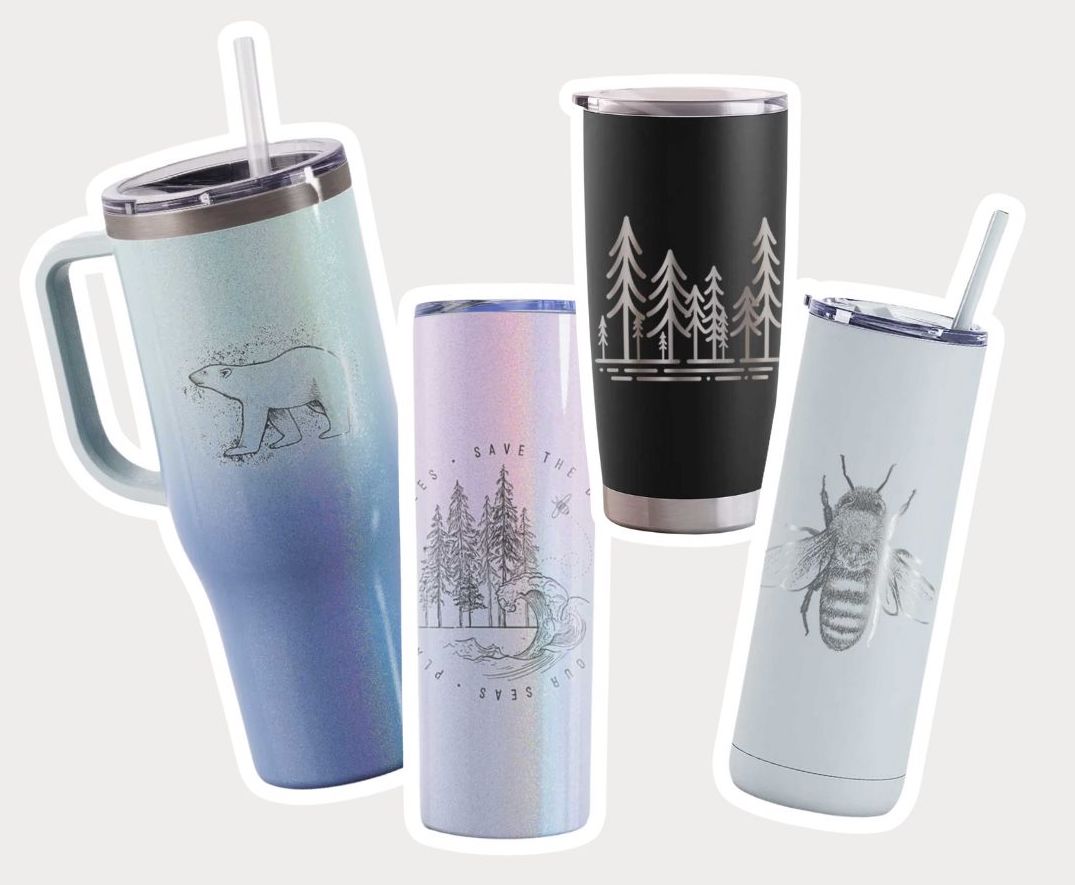

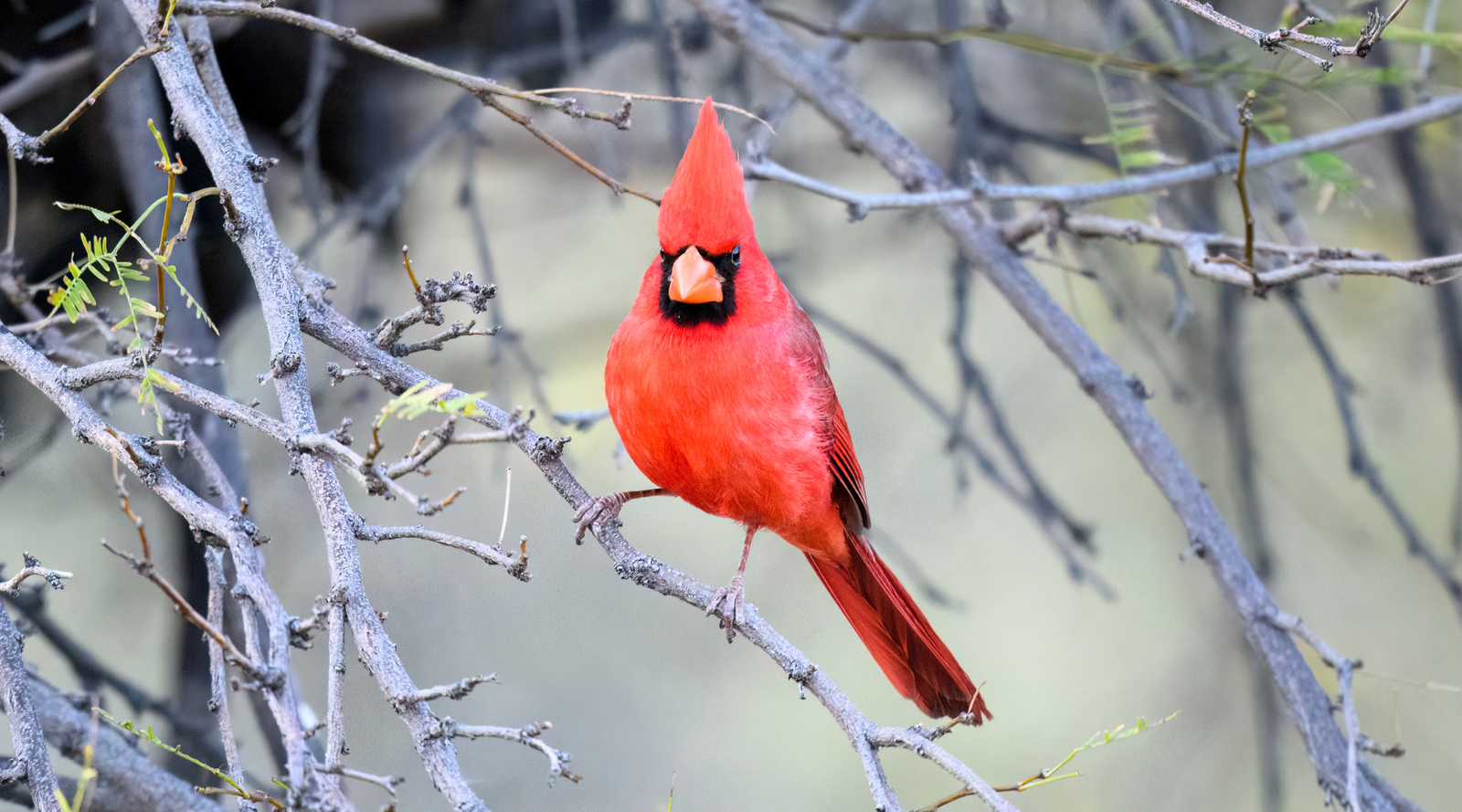
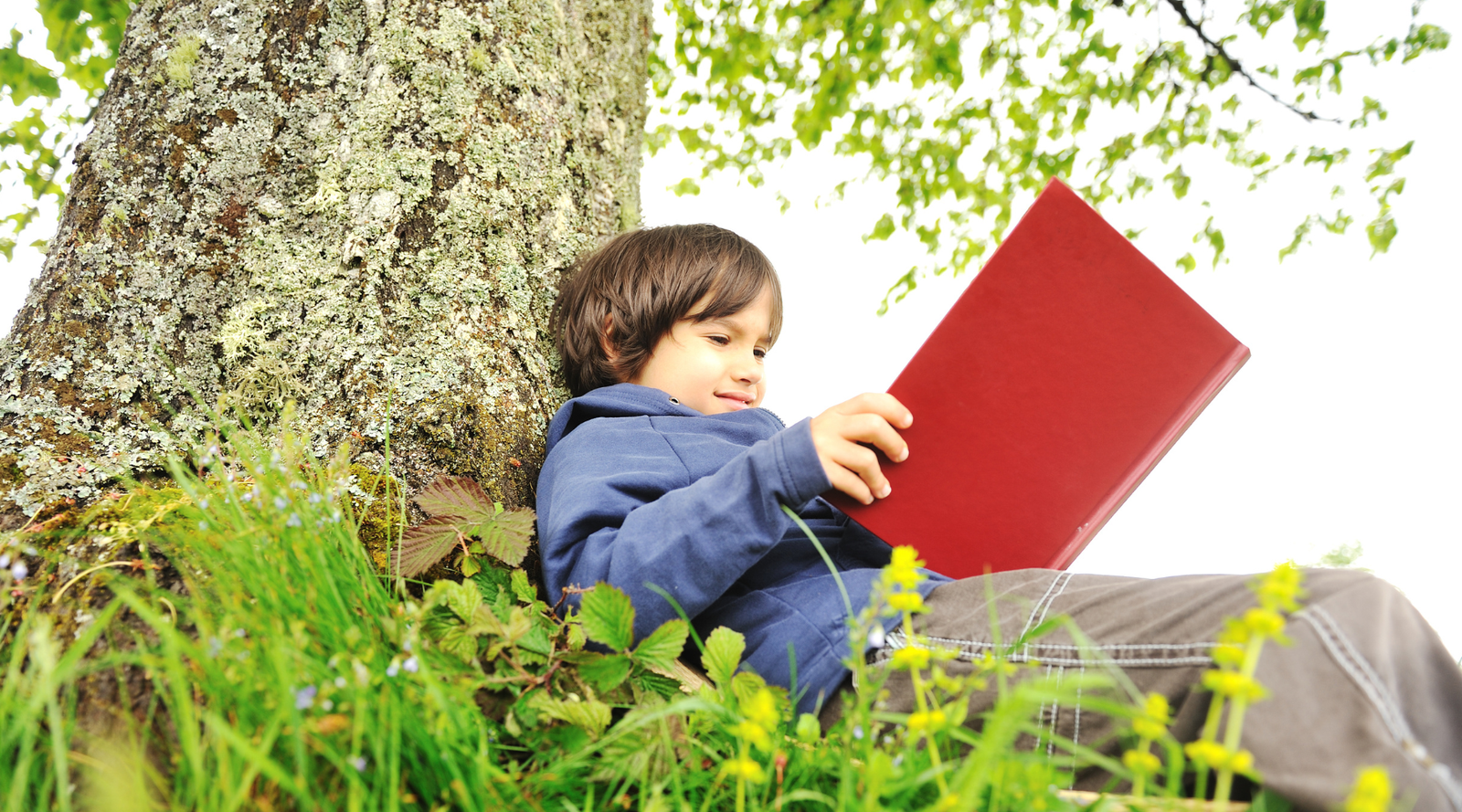
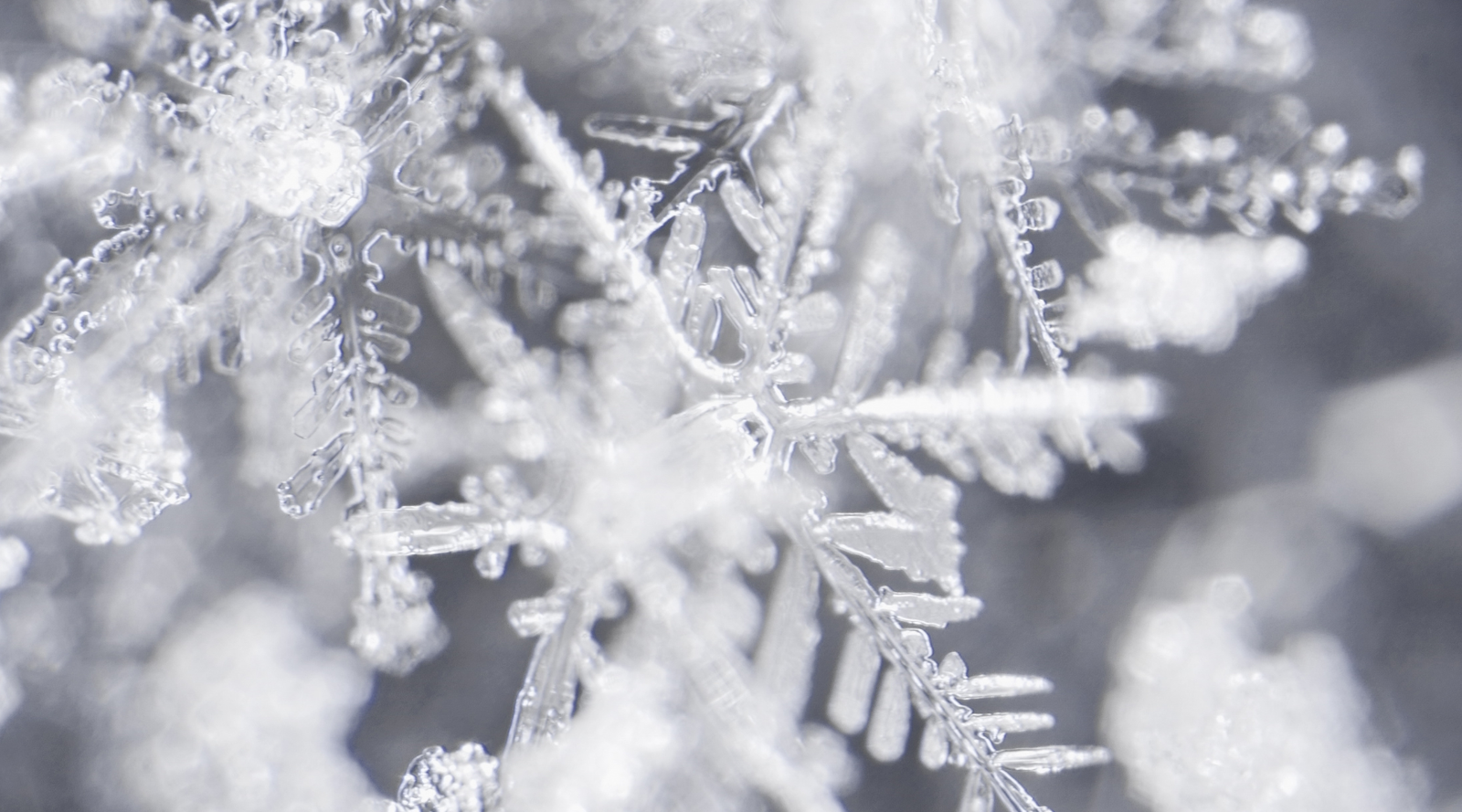
Leave a comment (all fields required)